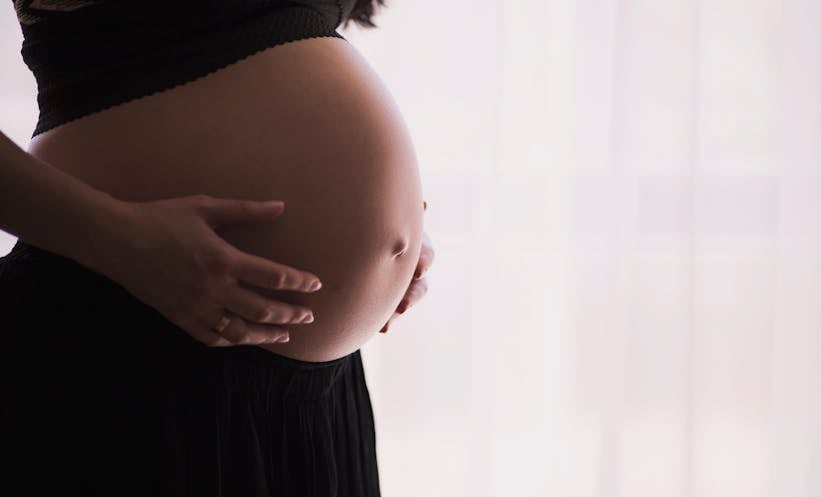A RETROSPECTIVE study from Peking Union Medical College Hospital (PUMCH) has identified key risk factors for methotrexate (MTX) treatment failure in tubal ectopic pregnancy (TEP), potentially improving patient outcomes and treatment strategies.
The study analysed 359 patients diagnosed with TEP between 2016 and 2022, with 268 (74.7%) responding successfully to MTX, while 91 (25.3%) required surgery. Researchers found that higher gravidity and elevated β-human chorionic gonadotropin (β-hCG) levels significantly increased the risk of MTX failure. In contrast, patients who received additional MTX doses had better treatment success rates.
The study also revealed that factors such as previous ectopic pregnancy, gestational age, and presence of a visible yolk sac on ultrasound influenced treatment success. Using these findings, researchers developed a nomogram, a tool that visually predicts the likelihood of MTX failure based on patient-specific factors.
While MTX remains a crucial non-invasive treatment option, its failure rates range from 10% to 36%, making personalised treatment strategies essential. The authors emphasise the need for further prospective, multicentre studies to confirm these findings and refine treatment guidelines for ectopic pregnancy management.
Aleksandra Zurowska, EMJ
Reference
Fu L et al. Risk factors for methotrexate treatment failure in tubal ectopic pregnancy: a retrospective cohort study. BMC Pregnancy Childbirth. 2024;DOI: 10.1186/s12884-024-07122-6.








